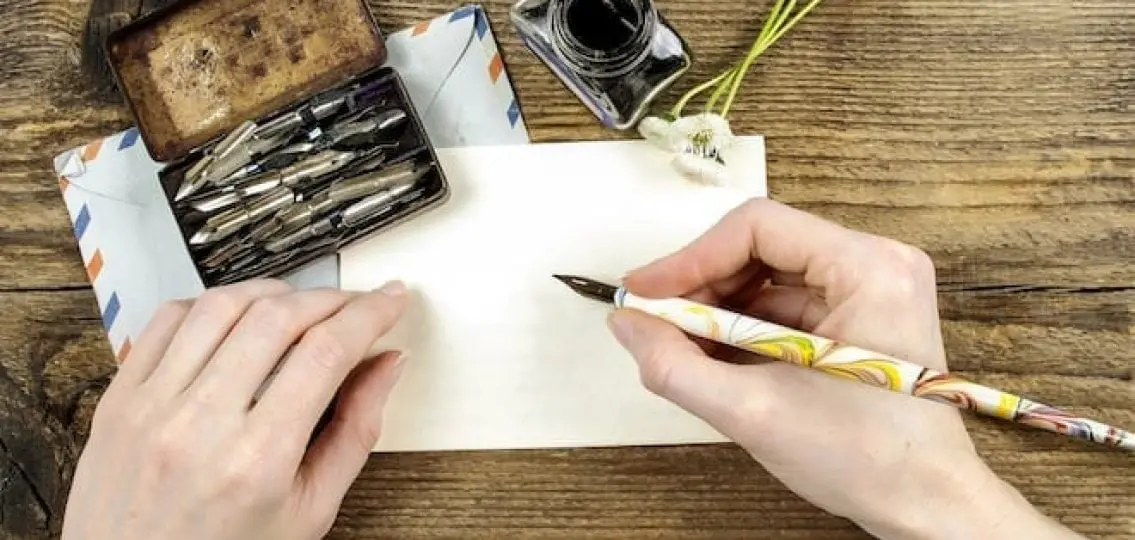On his recent high school trip to New York City, our teenage son sent us a letter.
I love to tell my friends this fact and watch their stunned reactions. They ask in disbelief, “But how?” “Who writes letters these days?” “Did you send him with stationery and a stamp?” “Did you pre-address the envelope?” “When did he find time to write?” “Did he actually have a pen or pencil?”
I smile and then clarify.
Yes, our 15-year-old literally did send us a letter. But that fact needs some explanation.
Although we were eager to hear from our son, my husband and I were reluctant to contact him while he was on the school trip. We didn’t want to bother or embarrass him, or interrupt if his group was in the middle of a tour. So for a couple of days we heard nothing from him.
Yet something popped up regarding our son’s karate training and my husband decided it was important enough to merit communication. My husband sent our son an email to relay the karate information.
To our surprise, our son emailed back.
In the manner of text-speak, he emailed back “k,” as an abbreviation for “OK,” meaning he received and understood the information about karate.
So there it is: we did in fact receive a letter from our son. A single letter. The letter “k.”
Now, as letters go, I have nothing against the letter “k.” It is a perfectly fine letter. It just failed to answer my most pressing mom questions: Was my son happy? Was he getting enough rest? Was he safe? Did he need anything?
One of my friends said that receiving only a single letter over a ten-day span actually sufficed.
She said it indicated our son was too busy and having too much fun to bother contacting us, and that we should feel proud for having received a single alphabetic because it meant we had raised an independent, self-reliant, confident child who didn’t need to check in with us. In fact, receiving more letters might spell trouble.
I basked in the glow of that thought until I received an actual phone call from our son a couple of days later. Maybe he missed me and wanted to chat. Maybe his experiences weren’t “real” until he could share them with me.
No. He called me on his cell phone to say he was alone in Port Authority. He couldn’t find his uncle—my brother—whom he had arranged to meet. Help! What should he do, adrift in Port Authority?
How quickly my image of my son devolved from being a cool, hip, independent teen to a worried, frightened boy who calls his mommy lifeline when suddenly lost. Fortunately, nephew and uncle found each other, as I knew they would. That was the only phone call from our son during the school trip.
After ten days, our son returned home happy and having learned a few things. He regaled us with stories of the businesses they visited, the sights they toured, and of his bonding time with the other boys in their “man cave” in the hotel.
It became clear that my son did indeed feel comfortable and happy on the school trip, so he had no need to contact us. He was having a great time—what was there to tell his parents?
I’m grateful for that single letter, the briefest of utterances, which spoke volumes about a particular boy’s mood and state of mind at the time.
However, its ephemeral electronic nature means I do not have a personalized memento to place lovingly in a scrapbook.
As my son careens headlong into manhood, I hope he will continue being as open, affectionate, and garrulous in person as he is now. But when he is away from us, I will relish the briefest of information, even a solitary alphabetic, if it assures me he remains safe and happy.




